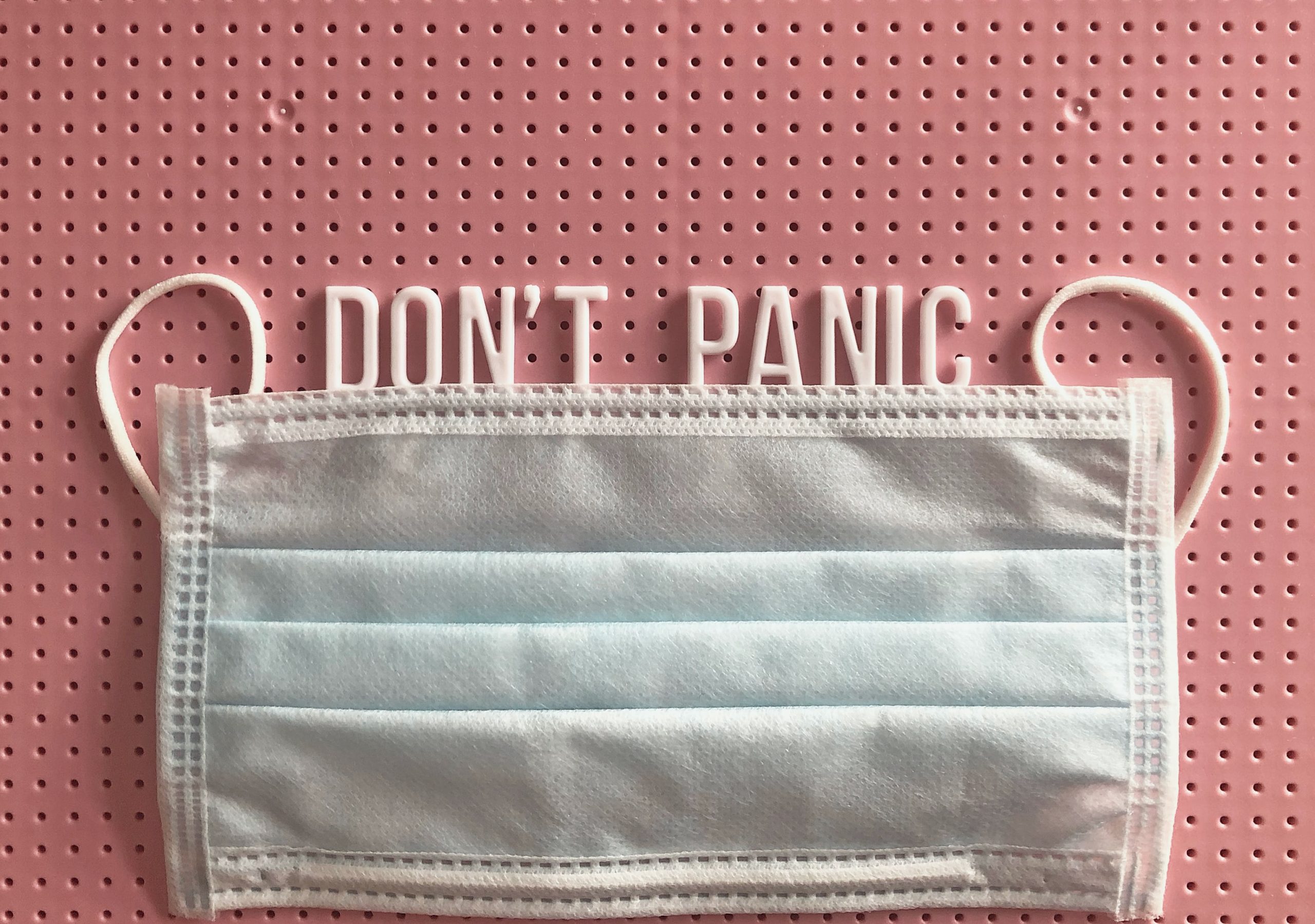
How Families Of Essential Workers Can Protect Themselves
Source: Unsplash
How Families Of Essential Workers Can Protect Themselves
Keeping your work and personal life separate has always been a good idea from a mental health standpoint. A stressful day at work should remain at work. Bringing your work problems home can affect your relationships with your loved ones. The same goes the other way around. Taking your personal issues to work can affect your productivity or even how others perceive your professionalism. Separating your work from your personal life now has a new and critical meaning for essential workers: bringing COVID-19 home is dangerous to everyone’s health.
Essential workers risk exposure to COVID-19 every time they go into work, and they risk bringing home the virus and exposing their families when they come home after their shift is over. Exposing their families is a legitimate concern; the new coronavirus is highly contagious.
Fortunately, frontline workers are aware of the protocols to safeguard themselves and their patients or customers. In addition, there are things families and roommates of the essential worker can do to protect themselves from the increased risk. This article explores what people who share a home with essential workers can do to protect themselves.
1. Wash Hands
One of the most vital steps you can take to reduce your risk of catching the virus is also the most simple: wash your hands regularly and thoroughly with soap and water. The important part is to create suds in all areas of your hands, including between the fingers, the back of the hands, the back of thumbs, and the wrists. Marilyn Hellebuyck, RN, shared a video showing how to wash your hands properly by using purple paint to demonstrate.
Once you wash your hands, get into the habit of washing your face as well. Many people unconsciously touch their faces all day, potentially transferring the virus to and from their hands to mucous membranes of their nose, eyes, and mouth. A study found that the subjects observed touched their hands 23 times per hour, with 44% of the touches involving the mucus membranes.
If you’re concerned about how much you accidentally touch your face, consider wearing a face mask. Another option to help you realize how often you touch your eyes, nose or other facial parts is by applying a strongly-scented lotion to your hands that may catch your attention when your hands get close to your face.
Good hygiene is important for everyone at home. Don’t forget to teach your kids the same habits so they can also protect themselves from the virus.
2. Launder Clothes Separately
If you’re responsible for doing the laundry, it wouldn’t hurt to take extra caution when it comes to washing the clothes and personal items of the essential worker in your house. It’s unclear if COVID-19 can be spread by fabric, but some studies show the virus can live up to 24 hours on porous surfaces (like fabric) and longer on plastics and metals like buttons and zippers.
To be safe, keep an essential worker’s clothes, towels, and personal objects separate for washing. Don’t shake them out before throwing them in the machine, and wash them in the hottest temperature setting possible. Sanitize the interior of the washing machine by running a hot water cycle with bleach after completing the wash or by wiping the interior down with a 70% alcohol solution before doing a new load of laundry.
3. Sanitize Surfaces Regularly
You’re probably aware of the dangers of spreading the virus in public places like schools, the office, or a gym. Coronavirus can live on surfaces for days. Touching a contaminated surface increases the risk of passing the virus from the surface into the body through a mucus membrane. That’s why it’s essential to clean and sanitize all surfaces regularly with disinfectant wipes.
4. Strengthen the Immune System
Take the opportunity to focus on your health while you shelter in place. Improving your health is not only important for your immune system but also for your mental well-being. Stay active by practicing yoga or following a workout video or podcast every day. Drink plenty of water to stay hydrated.
Most importantly, eat wholesome, home-made foods now that you have more time at home. Eating less processed food and avoiding takeout can give your body a much-needed health boost. Include as many organic, fresh greens and fruits as possible. Although a vitamin supplement can be helpful to support your immune system, getting your vitamins and minerals directly from the source is one of the best ways to boost your immune system at this time.
Small Changes Reduce the Risk of Exposure
Living with frontline workers may add some risk of exposure to loved ones, but the risk can be managed with some extra care. The additional steps needed to maintain a clean and safe home environment are simple. Keep hands and surfaces clean, wash, and sanitize everything that comes from outside the home, and take steps to strengthen your immune system.






